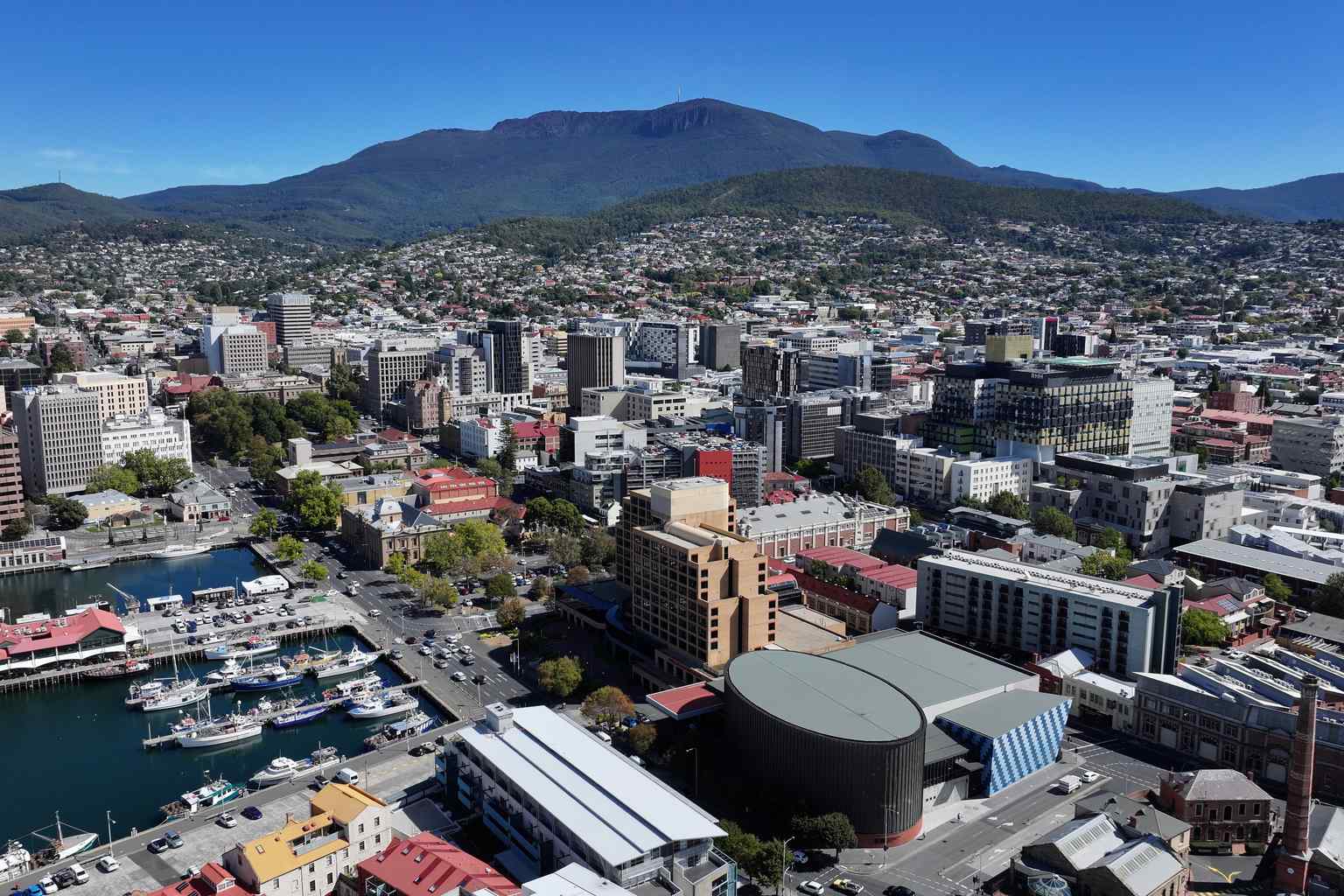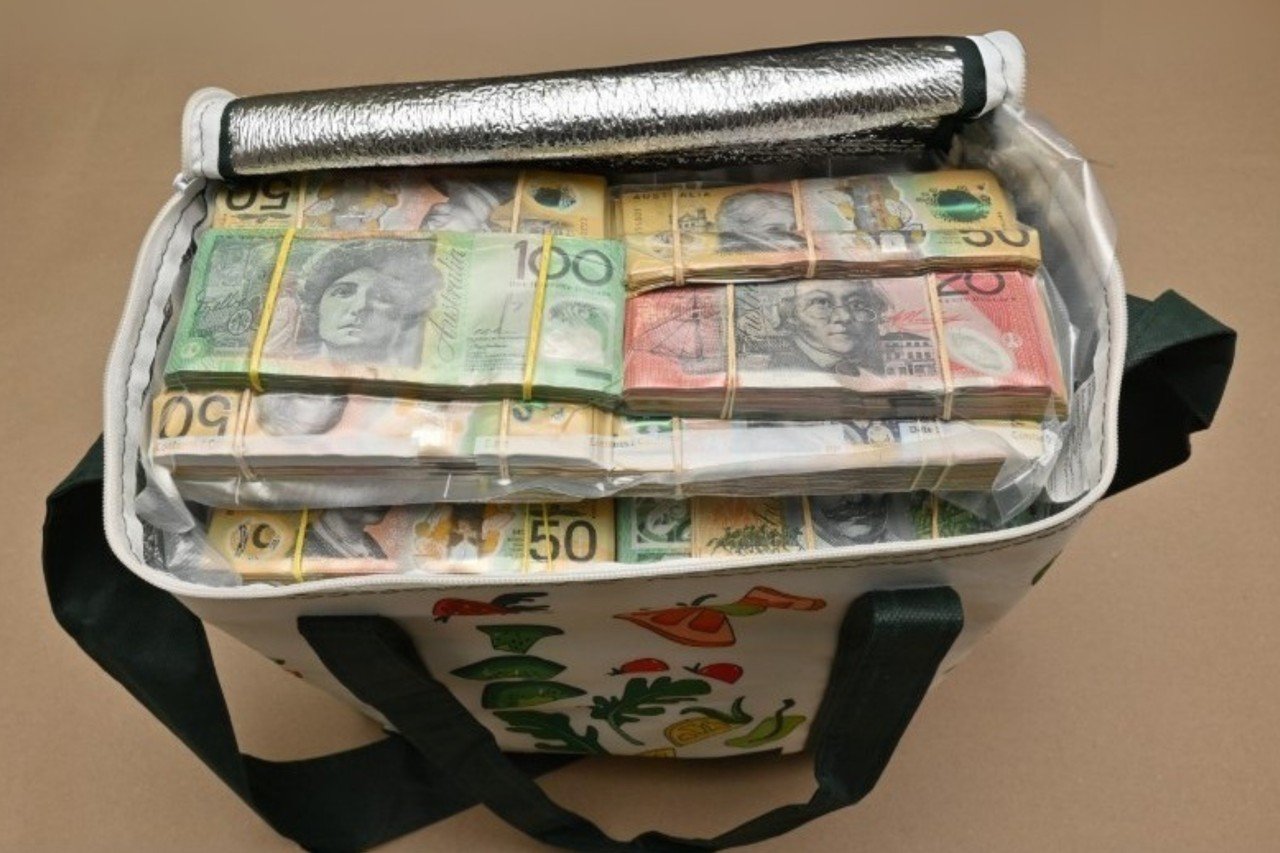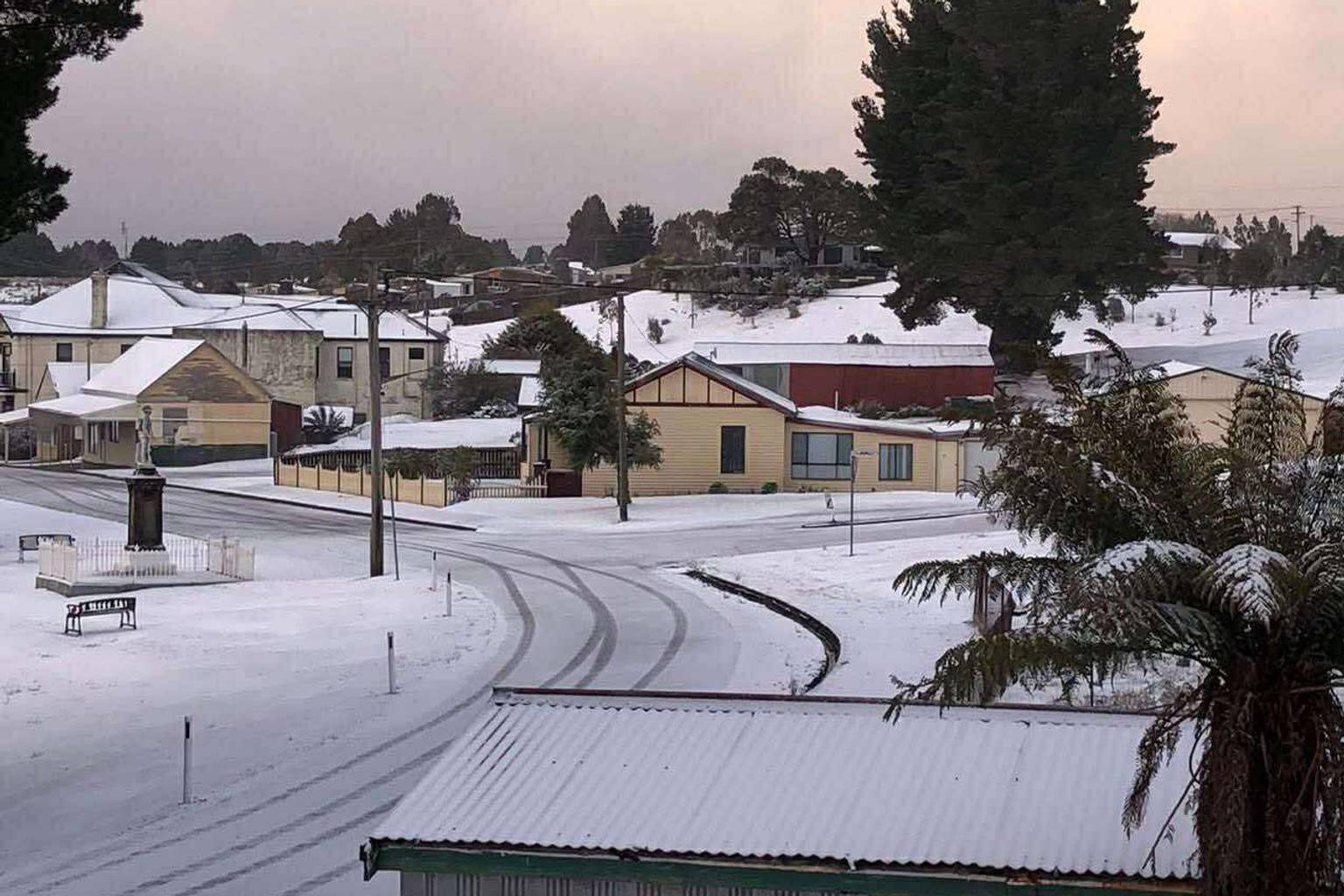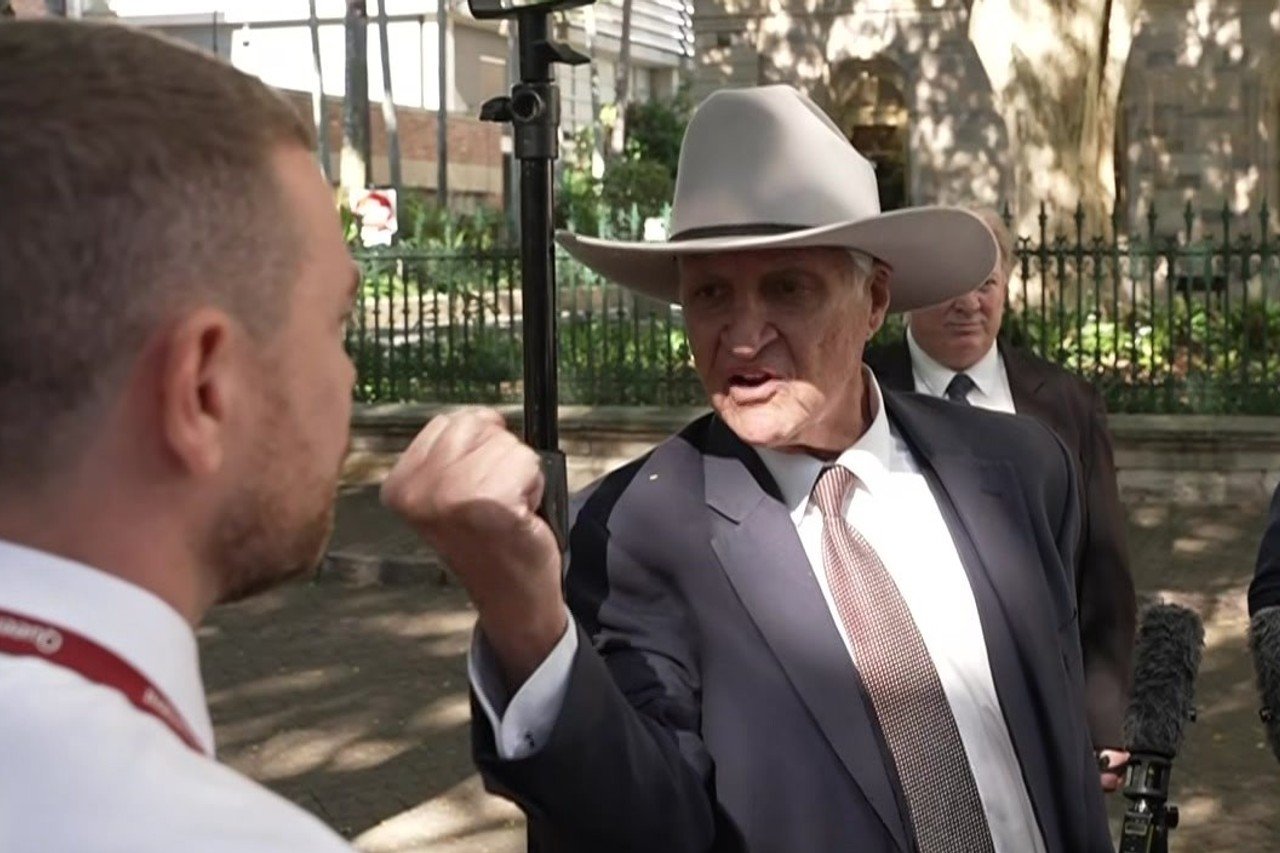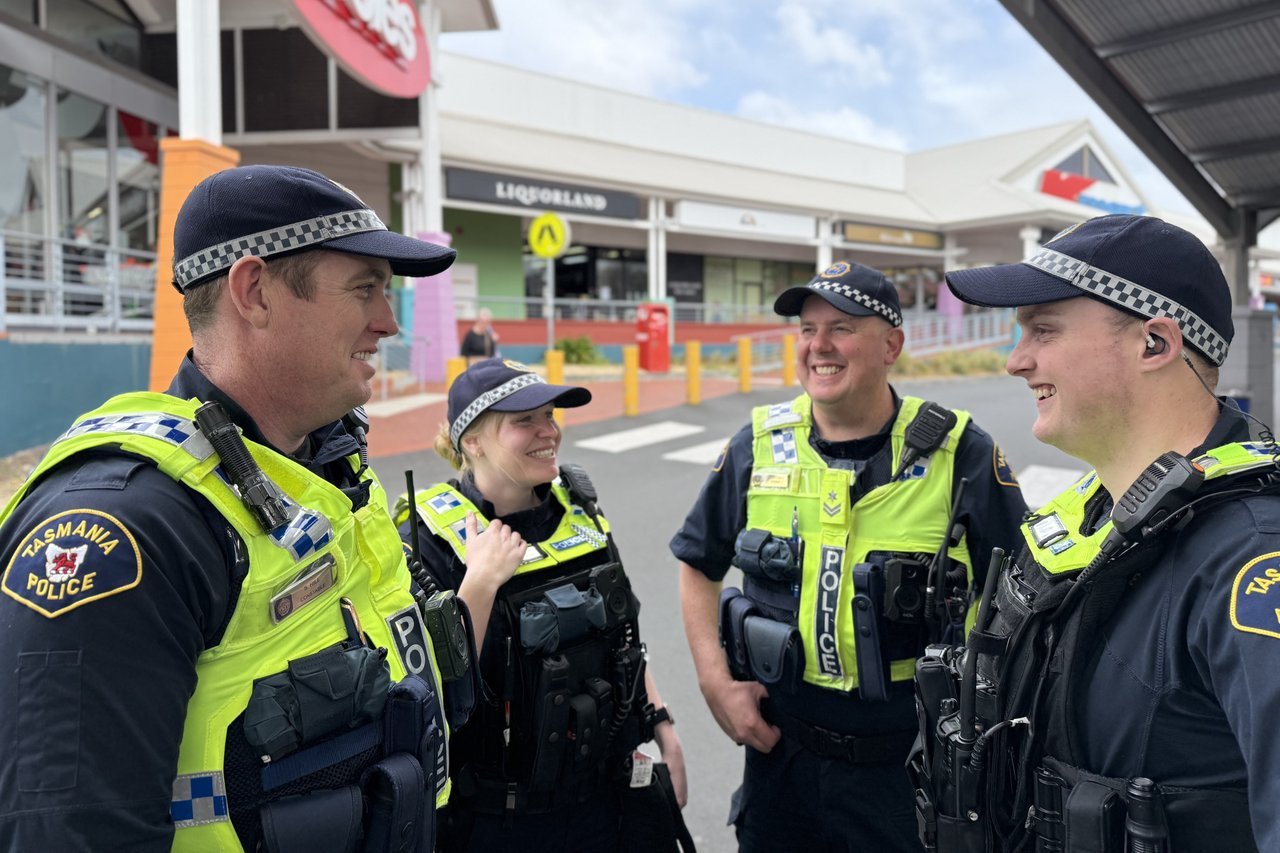Tasmanian prisoners will soon cast their ballots for the July state election, marking the first time in more than a decade that eligible inmates can participate in a House of Assembly election.
Mobile polling stations will be set up in the state’s prisons this week to facilitate voting in the election.
The voting initiative follows a successful trial during recent Legislative Council elections and comes after recommendations from the Custodial Inspector’s office to improve democratic participation.
Custodial Inspector Richard Connock praised the collaboration between the Tasmania Prison Service and the Tasmanian Electoral Commission to make this possible.

“[This] is a great step forward in enabling their democratic rights” Connock said.
“Democracy is about public participation. Being able to vote on who governs us – our representatives at the local, state and federal levels of government – and proposed changes to the Australian Constitution are core features of that participation.”

Despite this progress, Connock said that challenges remain for prisoners seeking to exercise their voting rights.
“For some, their participation is restricted throughout their term of imprisonment,” he said.
“While the TPS has made some inroads into making voting easier and more available to people in custody in Tasmania, there are still some significant challenges that need to be overcome.”
Current laws prevent people with sentences of three years or more from voting in local, state and federal elections in Tasmania.

“The disproportionate incarceration of Aboriginal people makes these voting restrictions essentially discriminatory,” Connock said.
His office’s recent report, “Overcoming barriers to voting in prison,” made seven recommendations to improve inmates’ ability to engage in the democratic process.
“The right to vote is unlikely to be a primary concern for some in custody, with far more basic conditions not being consistently met such as access to the open air, every right deserves to be upheld,” he said.


